The spiritual life, almost by definition, isn’t easy. Today’s first reading proves it. As the reading begins, Jacob wrestles with “some man,” who turns out to be God himself. They tussle all day long and finally declare a draw, but the battle leaves poor Jacob limping from the fight. In the end though, he receives a blessing. And that’s the way it is, brothers and sisters, that’s how the spiritual life works. We often wrestle with God, or with something he’s asking of us, and occasionally the battle marks us or scars us, but we always end up blessed by the experience. That is, of course, if we are ready to do battle for the long haul.
The spiritual life is a long battle: a marathon, and not a sprint. You have to identify what you’re wrestling with: maybe it’s a call to change your life in some way or take on some new thing. Maybe it’s a prayer life that is a little stale. Or maybe even an urge to move in a different direction in your vocation or your career, or even in a relationship. It’s a struggle, and it could well involve considerable wrestling until you know what’s really at stake. But when you identify it, you have to stay with it, wrestle all day and night, until you receive the blessing.
In my young adult life, I struggled with my calling, which finally resulted in my going to seminary. During that struggle, a wonderful source of inspiration was reading from The Rule of St. Benedict, which is a great reflection on the balance we are called to in life. It was also one of the most groundbreaking works of spirituality and monastic rule at that time. It remains a spiritual classic today.
Saint Benedict, whose feast we celebrate today, is known to be the founder of western monasticism. His rule is used by many religious communities as the basis of their own rule of life.
There are a lot of real gems in the Rule. One of my favorites comes from the second to last chapter: Just as there is an evil zeal of bitterness which separates from God and leads to hell, so there is a good zeal which separates from vices and leads to God and to life everlasting. This zeal, therefore, the monks should practice with the most fervent love. Thus they should anticipate one another in honor; most patiently endure one another’s infirmities, whether of body or of character; vie in paying obedience one to another—no one following what he considers useful for himself, but rather what benefits another—; tender the charity of brotherhood chastely; fear God in love; love their Abbot with a sincere and humble charity; prefer nothing whatever to Christ.
Friends, this is advice not just for monks, but for all of us. When we prefer other things to Christ, when we are afraid to bear witness to the truth, we lose every benefit of relationship with Jesus. Possessions cannot sustain us; our fears cannot sustain us. So we have to follow Christ with incredible zeal. We may have to wrestle with that in our lives, but it will always bring us great blessing.
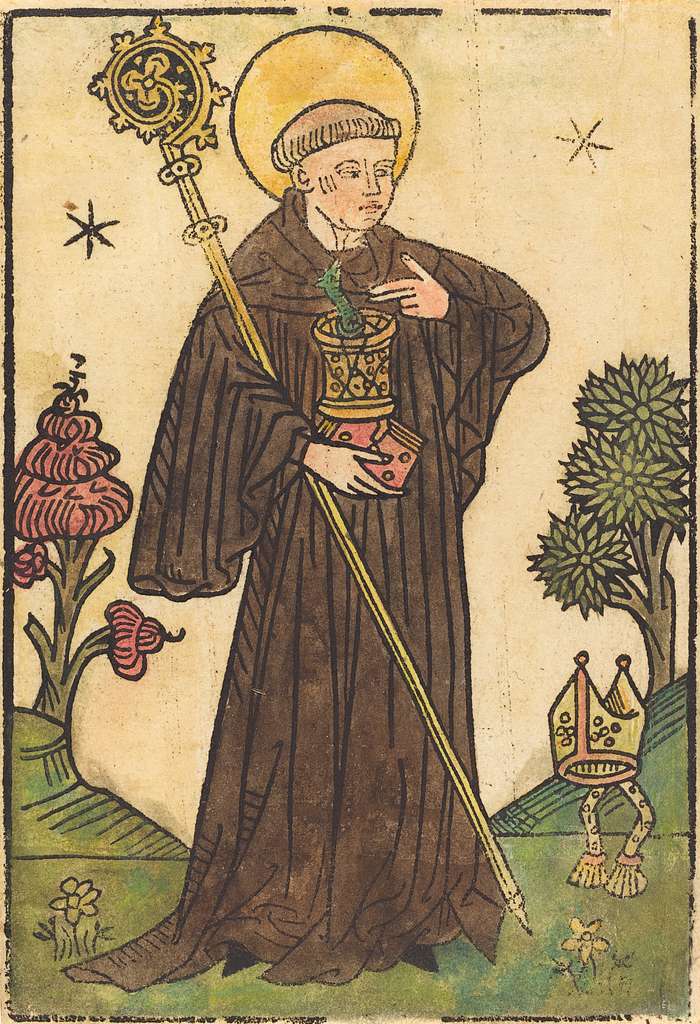

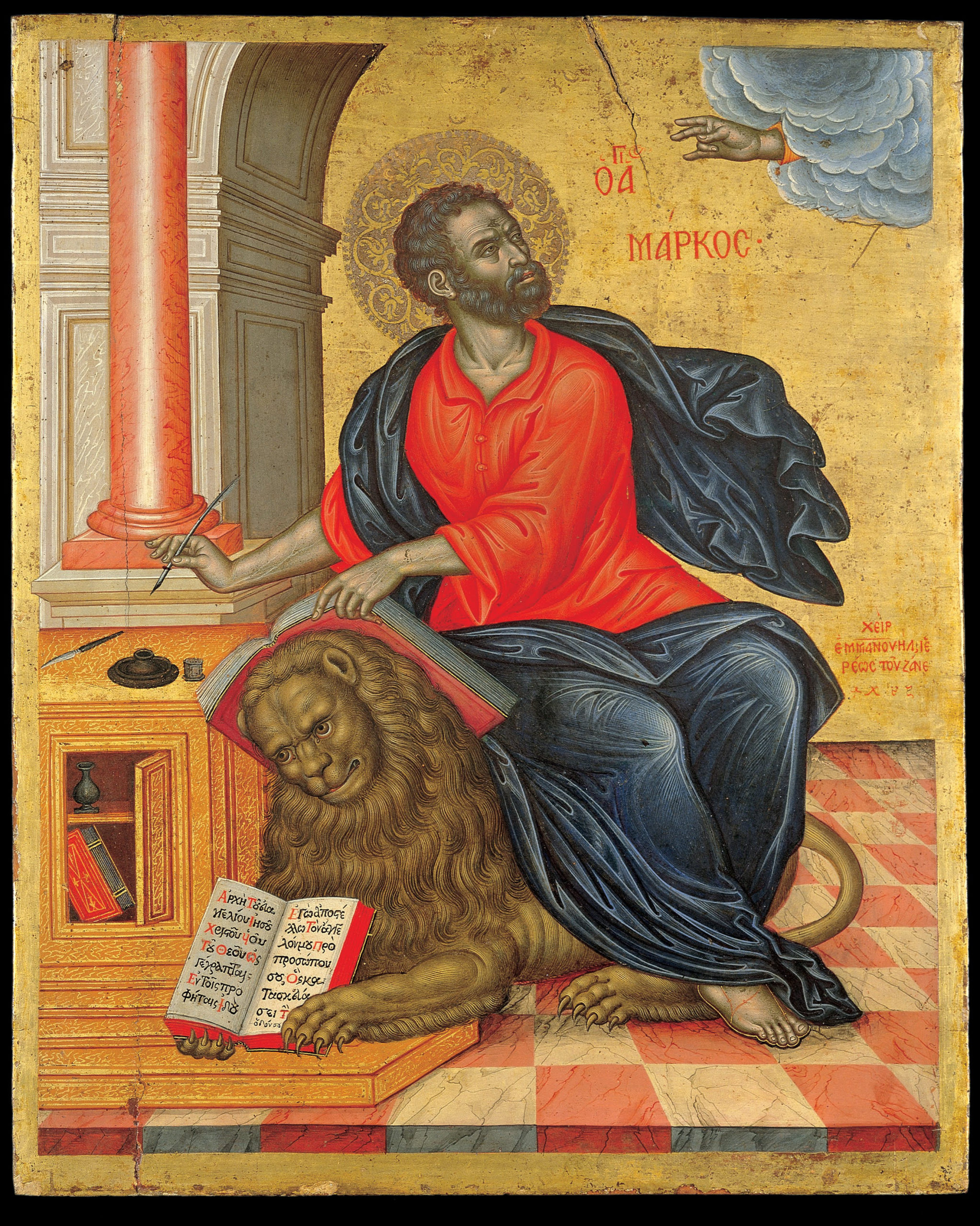
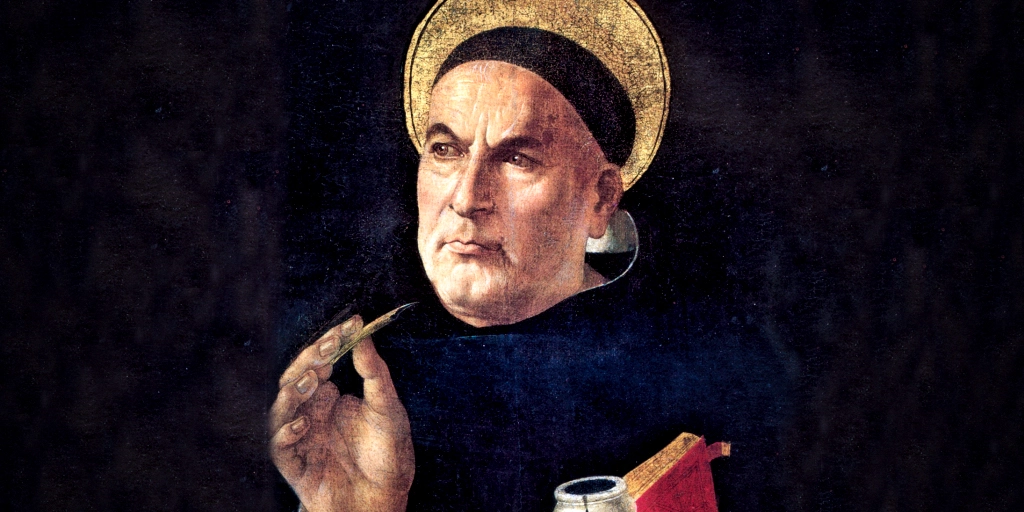
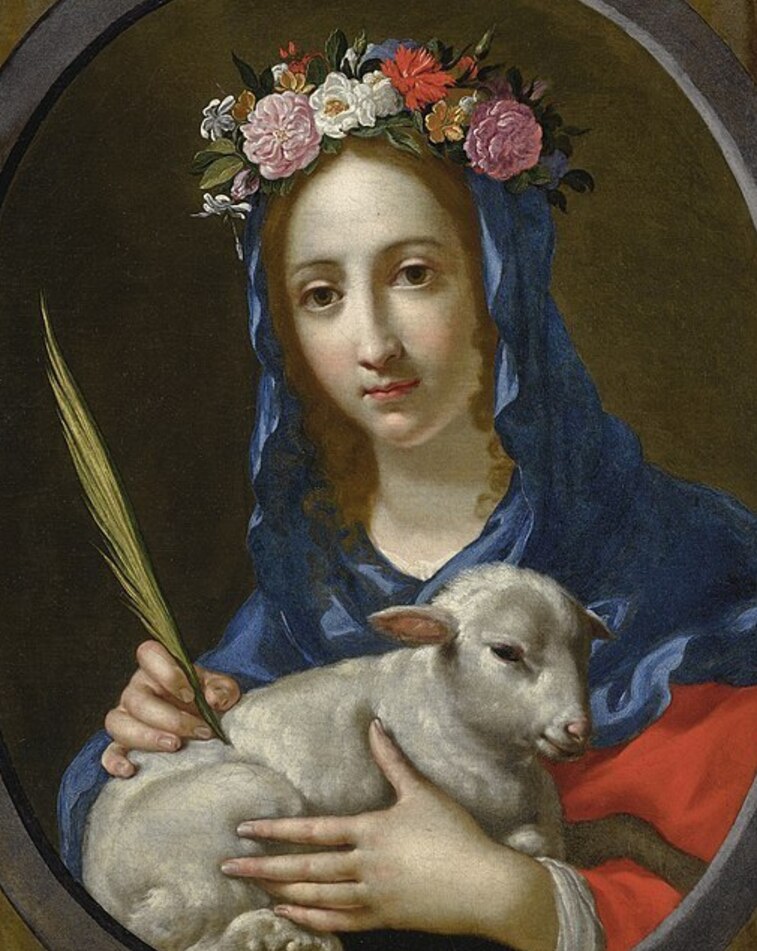
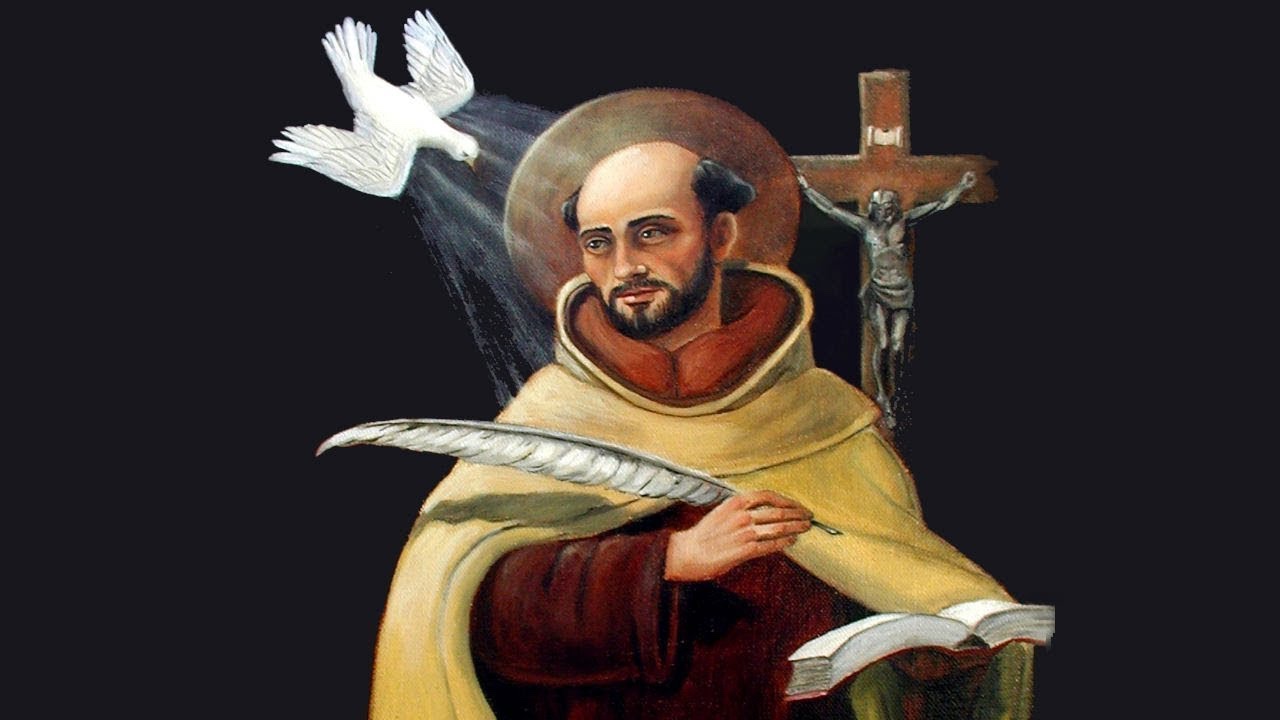
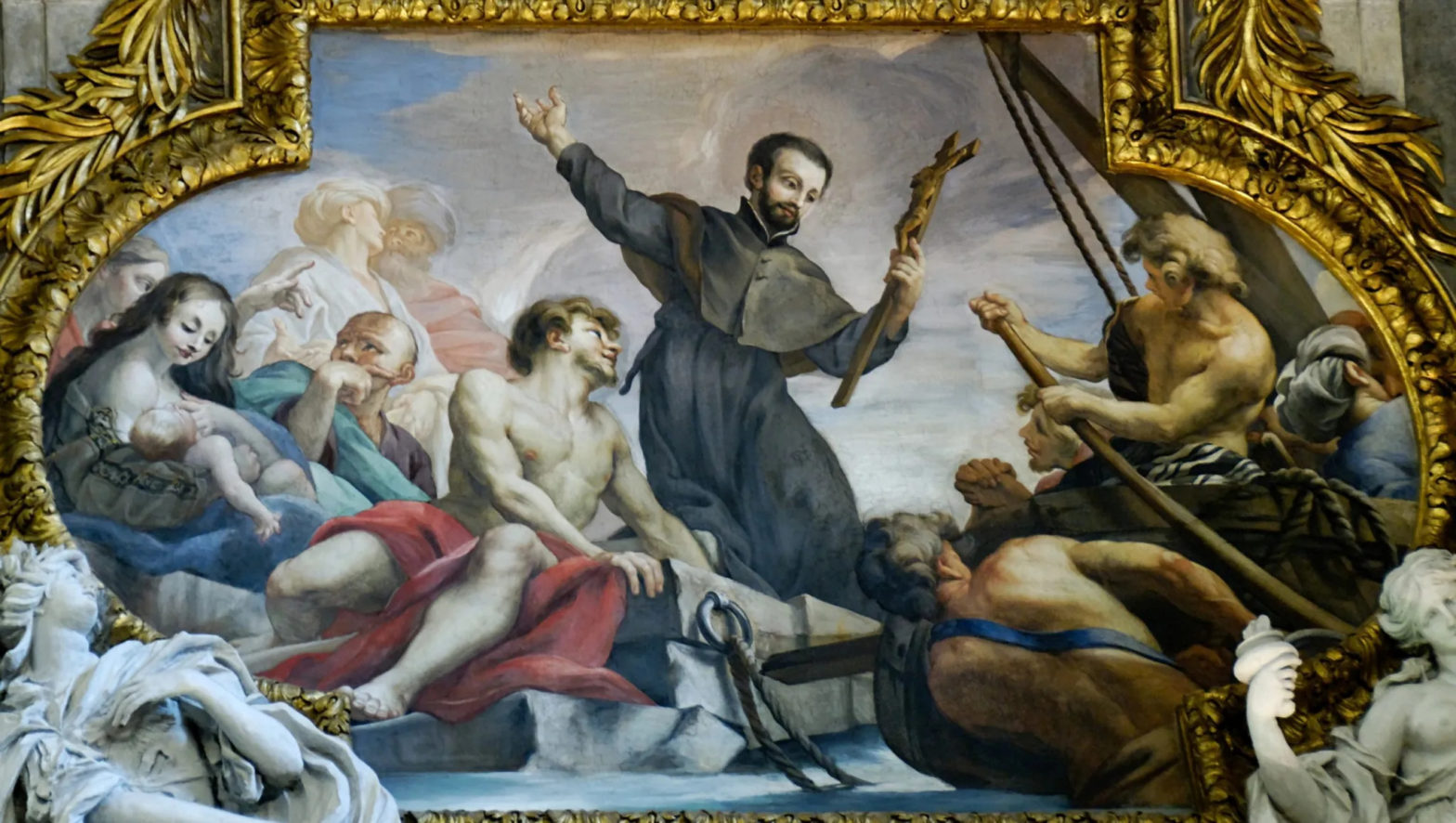
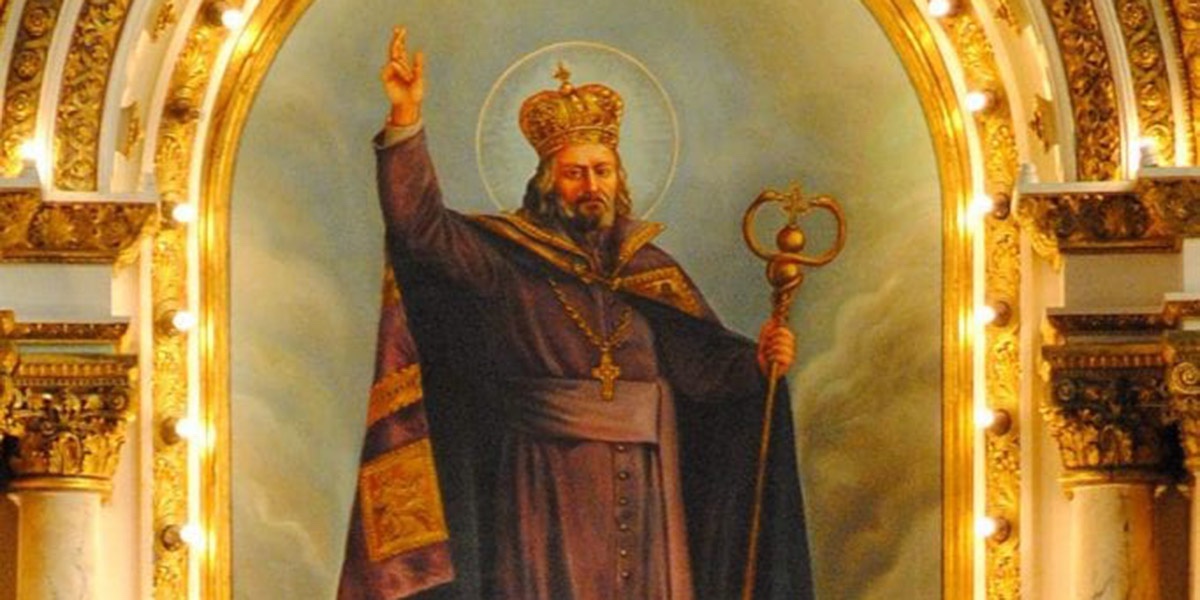
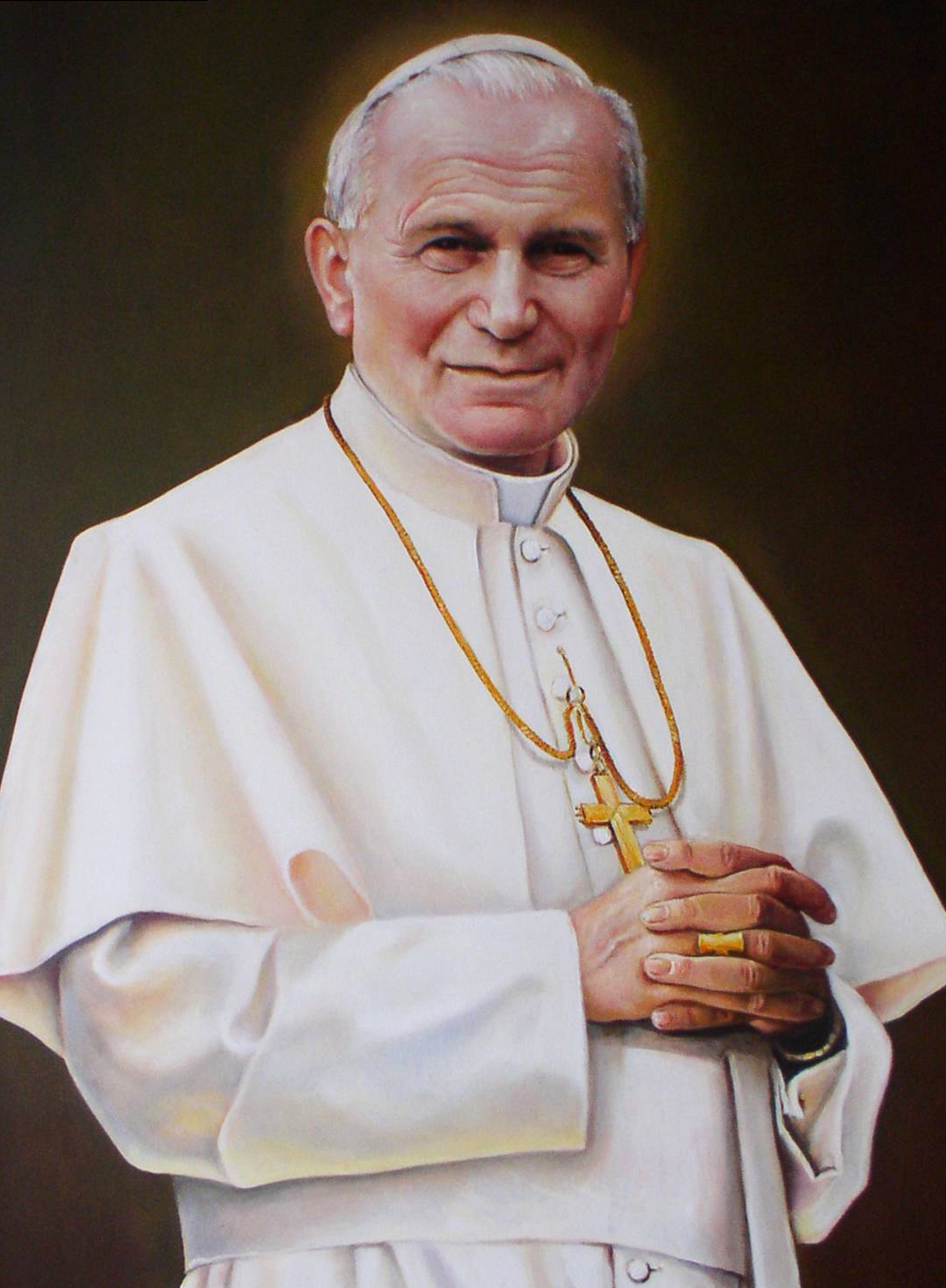
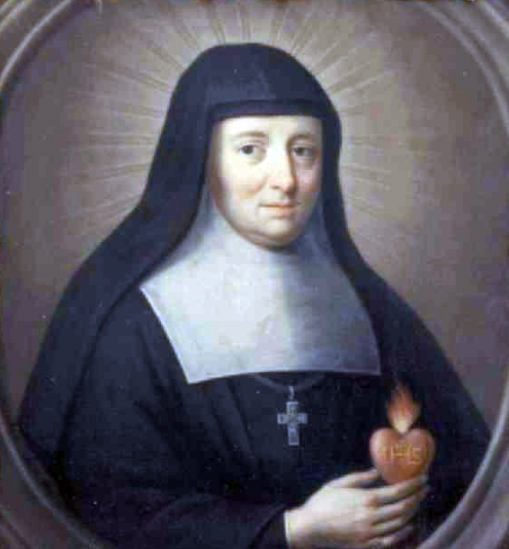
You must be logged in to post a comment.